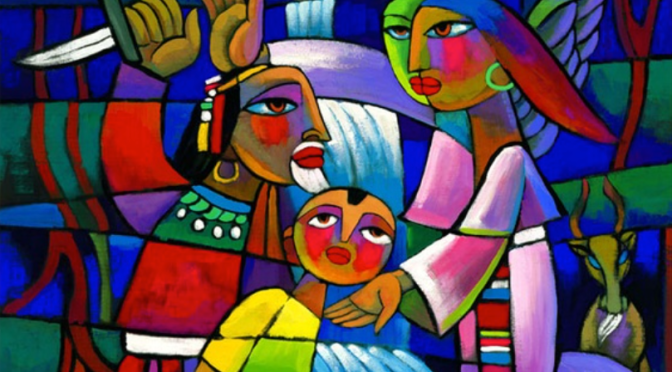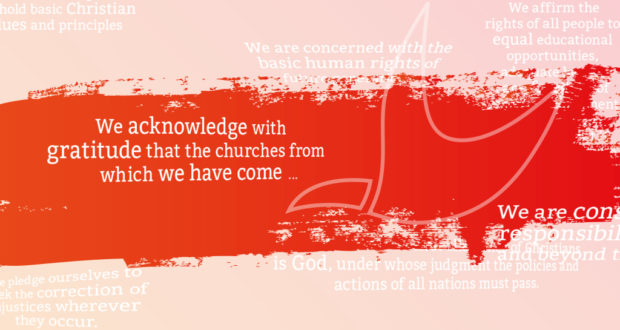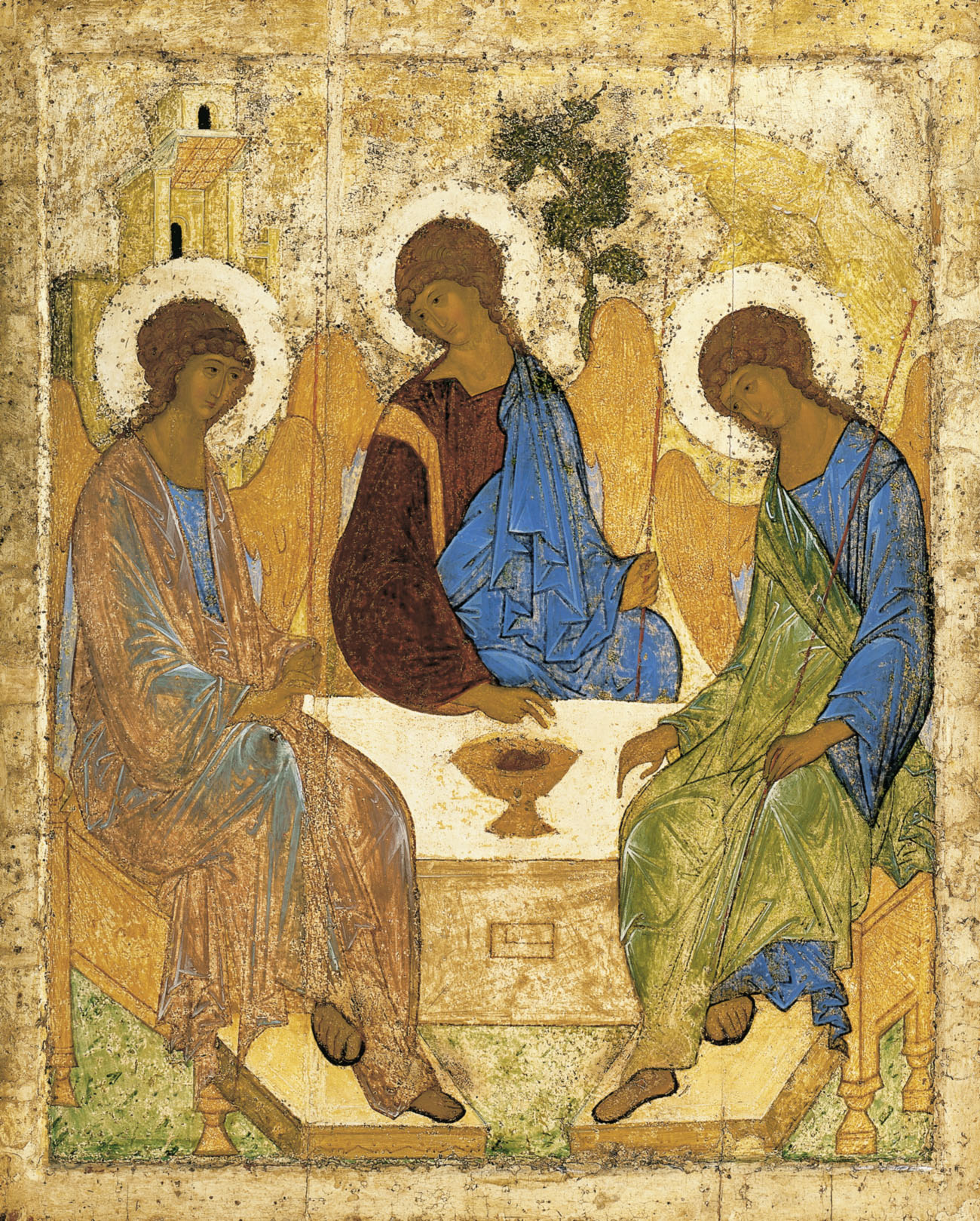
Although we probably all prefer to read biblical texts that speak of God’s promises of blessing and abundant life, there is value in grappling with hard texts that we would rather ignore. This week we are faced with such a text in Genesis 22:1-14, which is given various titles such as ‘Abraham tested’ or ‘God commands Abraham to offer Isaac’.
Whichever way you approach this text, there are so many unanswerable questions:
- What on earth were Abraham and Isaac thinking as they climbed up the mountain?
- How do we reconcile the call to obedience and the exercise of freedom?
- How do we follow the God who seemingly commands death yet who also offers life?
As Christians, our tendency is to read this troubling narrative from the perspective of Isaac, the one who willingly offers up his life, as a model and foretaste of Jesus offering up his life as the Lamb of God (John 1:29). This may be a helpful approach, but doesn’t address the terrible cost and decision faced by Abraham – and by God the Father.
In these days of coronavirus and the Black Lives Matter protests, how do we rightly value each life? If the mysterious and inscrutable God of Genesis 22 is hard to fathom, then perhaps we can place this text alongside the story of the Good Shepherd who leaves the 99 sheep in order to search for and rescue the one at risk sheep (Luke 15:4-6).
This Sunday we will again be meeting for worship by Zoom. Carolyne Chandler will be leading this time, using the Zoom account of Uniting Faith and Families. So if this label appears when you log on to Zoom you are in the right place for worship this week! The meeting will be called Carolyne – Croydon Worship. We will be basing our worship on the attached worship@home resource for this week, so it would be handy to have a copy present. We can send you a link to the meeting or a phone number and meeting details if you sign up by emailing the Croydon UC church office on office@croydon.unitingchurch.org.au.
Click here for worship@home resources




